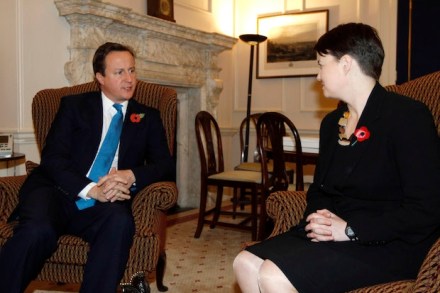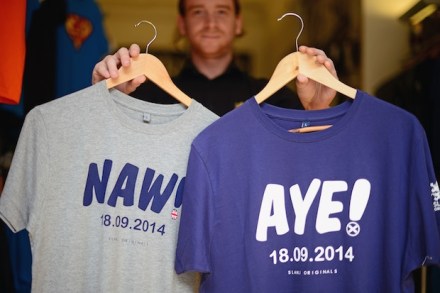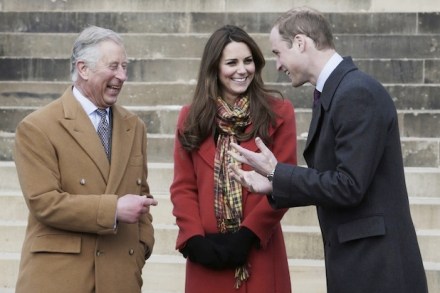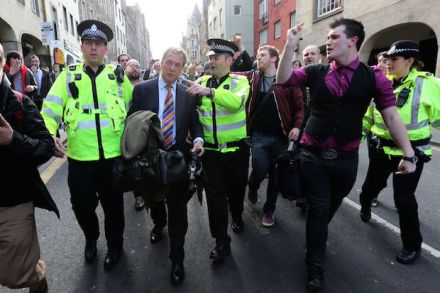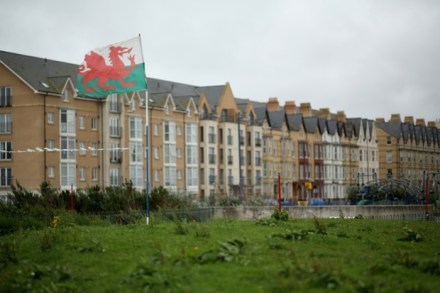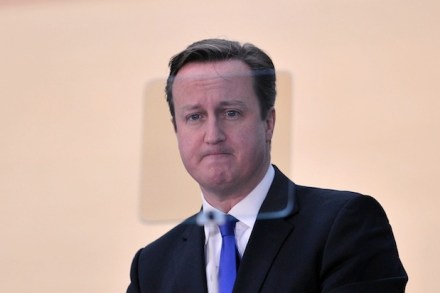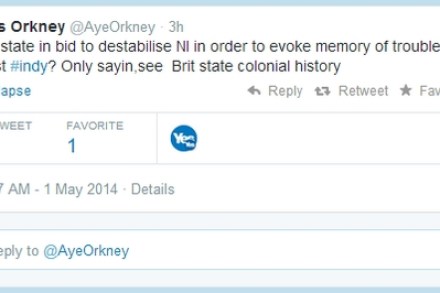The Tories’ tax pledge could see them recover in Scotland
Today’s announcement that the UK Tory party is backing the full devolution of income tax to Holyrood, and will commit to that in its 2015 manifesto, is hugely significant. It means that both coalition parties now support some tax competition between Scotland and the rest of the United Kingdom. By contrast, Ed Miliband has made clear that he will never sign off on any devolution deal that allows Scotland to undercut the rest of the UK on tax. Instead, he wants a system where the Scots could only choose to have the same tax rates as the rest of the UK or higher ones. This difference raises the possibility that
